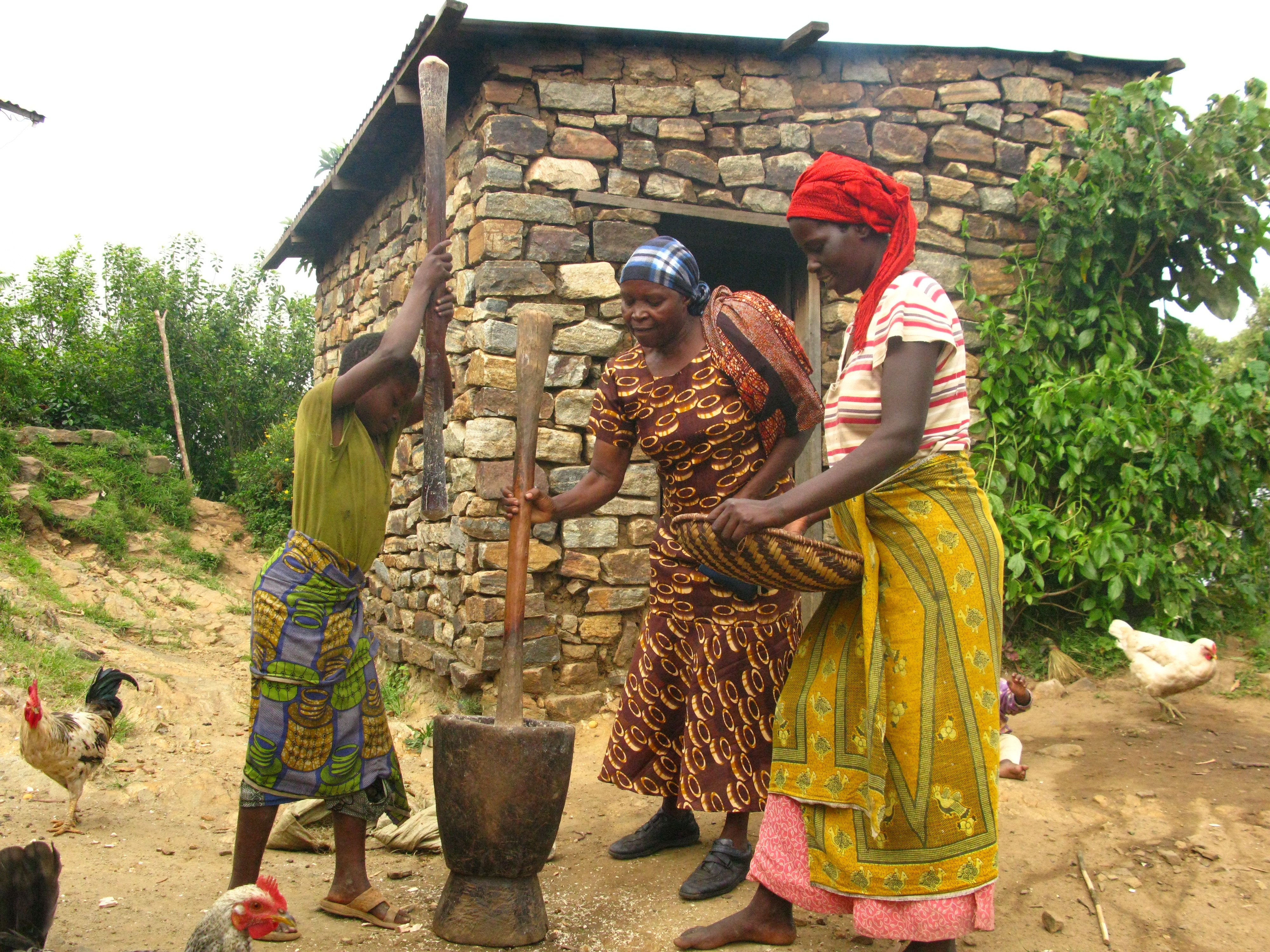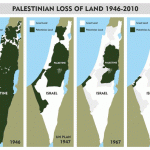Promotion of renewable energy in rural India
Promotion of renewable energy in rural India
by Katja Goertz
Nardigochha is a small remote village with 113 inhabitants situated inside the forest. The tribal residents gain their livelihood with agriculture and producing minor forest products. Due to its inaccessibility the village is not electrified. The access to drinking water was one of the major problems of the community. The only source of consumable water was one open shallow well and one broken tube well. During rainy season the open shallow well used to get filled with muddy water. As the tube well which was the only source of pure water needed repairs periodically, villagers had to wait for days to get pure water. Beside this it was very hard manual work and a lot of time was necessary to fetch the water out of the open well.
The intervention of the two non-governmental organizations (NGOs) Practical Action and OSVSWA provided the community with a self-owned solar power drinking water system. Solar energy is used to pump drinking water to 5 stand taps. In addition to this a community bathroom was constructed. The intervention is part of the project “Community Governance in Infrastructure Services”*. It was started during 2010 and mobilized the community, local officials and the local government unit to help to design and implement an appropriate structure so that a sustainable and community owned mechanism could be established. The initiative enabled the community to come together as a village institution and mobilized peoples’ labour contribution for the construction activities.
The ownership and the responsibility for the maintenance were laid in the hands of the community which formed a user committee to coordinate these activities. The follow up activities of the NGOs include regular meetings, moderation in occurring problems and further trainings if necessary. The actual visit had the goal to collect the view of the community members about the whole planning and implementation process and discuss on the one hand the outcome of the project and on the other possible next steps.
*This project, funded by the European Union, shall contribute towards reducing poverty and improve the quality of life of poor and marginalized sections of the community through providing improved infrastructure services. This is aimed to be achieved through building the capacities of the communities, local government systems and non-state actors to mainstream the participation of poor and marginalized men, women, aged, children and disabled people inclusive of caste and creed in consultative and decision making processes through developing, practicing and disseminating innovative mechanisms on community governance in planning, implementation and delivery of infrastructure services.














